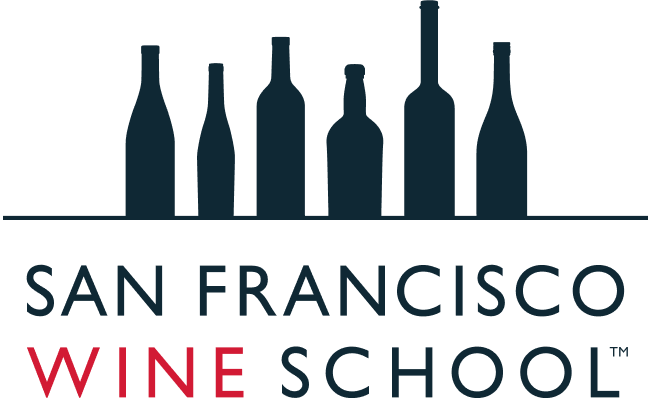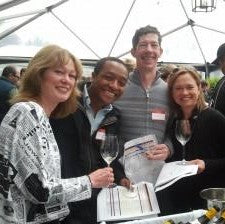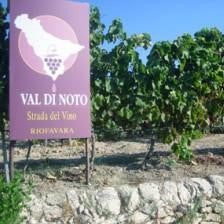France’s bi-ennial Vinisud exhibition allowed me to watch Gérard Basset presenting a range of Mediterranean wines with fellow World Champion Sommelier Paolo Basso. Most of Basset’s working hours are consumed in the running, with wife Nina, of England’s Terravina hotel/restaurant located in Dorset’s enchanting-as-it-reads New Forest. Basset is the only person to possess all three wine Masters—Wine, Sommelier, and Wine Business. Somewhat surprisingly, he’s also an easygoing, cordial guy who led off our chat by exclaiming,”I like to learn, I like to enjoy, and I left school at 16!”
What differences exist today between the ‘sommelier culture’ in Britain v. France v. the US?
For a long time in France it was very product-oriented to the point that sommeliers were more attentive to the winemaker rather than the customer. In the US the sommelier is more business-oriented, in Britain it’s a bit of both. In France, maybe because of the impact of Catholicism, we don’t like to talk about money whereas the US is a younger culture with less attachment to one religious doctrine. But if you understand and wish to adapt you can be good sommelier in any country.
What are the attractions and detractions associated with developing as a sommelier as opposed to that of a retailer?
They all have the common point of wine. With a sommelier, service plays a big part so they’ve a more intimate interaction with customers. If you’re a retailer you don’t need to know how to decant a bottle of wine though both professions need to know how to sell. Working in a restaurant requires long hours that can make for an unsociable life.
What should the US sommelier keep in mind when selecting for purchase and sale the better Mediterranean appellation wines?
There’s a lot of ripe wines, soft with velvety tannins, notes of black olives, garrigue, and ripe fruit. People in the US are focused upon grape varieties rather than blending which is more common in the Mediterranean. Were I working in the US a large majority of my wines would be from the US, but Mediterranean wines can be used well in a tasting menu whereas buying a Languedoc wine may require too much a commitment for the entire bottle.
You alluded to sommeliers selling stories as part of their job description. How should this best be approached?
Visit wineries–you can’t beat that because you’ll then have a personal story to tell. Reading a book is telling somebody else’s story–good as it may be, it’s still someone else’s story and the customer might then get the same story at another restaurant. If your travel is limited then go to trade fairs such as Vinisud where you can meet many producers in one location.
Which newly burgeoning wine region(s) do you find most intriguing, and why?
Portugal–in England we’re getting a lot of its wines. I don’t know Uruguay but I’m very interested in it, and the few wines from Turkey I’ve tried show promise.
Have you ever met Gerard Basset? What do you think about the sommelier culture in different countries?
Check out our full schedule of programs, workshops and public events. Private, customized experiences and corporate training is also available.



